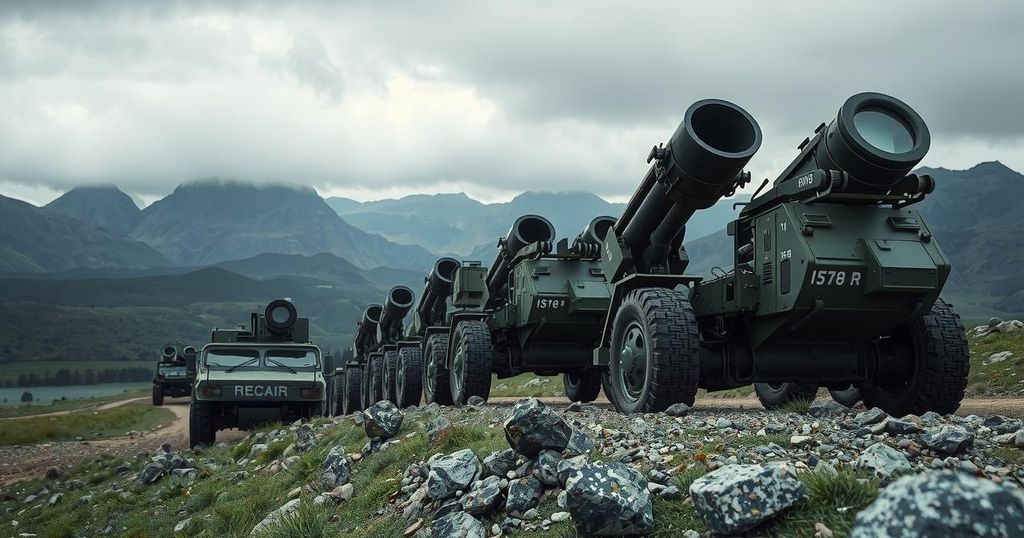NATO Adapts to Insights from Ukraine War Amidst Rising Russia-North Korea Cooperation
North Korea has increased troop deployment and military aid to Russia at the Kursk front. This partnership has drawn a sharp response from the US and South Korea, which are conducting joint military exercises to counter North Korean tactics. Concurrently, NATO is incorporating lessons from the Ukraine war to fortify its defenses against potential threats posed by Russia and North Korea, indicating a broader geopolitical response to their collaboration.
Currently, significant developments are occurring at the Kursk front, where North Korea has augmented its military ties with Russia by sending an additional 3,000 soldiers. This deployment is aimed at replenishing the forces affected by severe losses, with Ukrainian sources indicating that North Korea previously lost over 4,000 troops from an initial contingent of 12,000. Furthermore, North Korea is providing essential military aid to Russia, compensating for deficiencies in Russia’s defense industry.
Ukrainian reconnaissance has identified North Korean Koksan self-propelled guns within Kursk, which were subsequently targeted, resulting in their destruction by HIMARS strikes. Moreover, similar artillery systems were observed moving through Crimea, underscoring Russia’s increasing reliance on North Korean military equipment. This deepening cooperation was further evidenced by a recent visit of Sergei Shoigu, the Secretary of the Russian Security Council, to Pyongyang, signaling intensifying troop and equipment exchanges.
The escalation of military collaboration between Russia and North Korea has prompted a response from the United States, which has intensified its cooperation with South Korea. Joint military exercises have been launched to develop counter tactics against North Korean strategies, particularly their utilization of war tunnels, which represent a significant challenge to modern military operations. Despite gaining battlefield experience, North Korea faces pressures to reassess its military alliances due to the enhanced capabilities of Western forces.
NATO is also learning from the ongoing conflict in Ukraine to prepare for potential threats from Russia and North Korea. Initiatives such as the Joint Analysis Training and Education Centre in Poland aim to consolidate NATO’s defense planning by examining the latest combat experiences. These efforts are focused on incorporating lessons learned into NATO’s strategies, ensuring the alliance remains prepared to address any future confrontations effectively.
While North Korea’s contributions may provide temporary respite to Russia amidst its growing losses, they also expose the vulnerabilities of the Russian defense sector. The increasing military partnership with North Korea has not gone unaddressed by the geopolitical West, as efforts intensify to bolster deterrence strategies through joint training and counter-tactics. As the situation evolves, North Korean leadership must weigh the benefits of their military cooperation with Russia against the escalating focus of their adversaries.
In summary, the growing military alliance between North Korea and Russia presents significant implications for regional security and global geopolitical dynamics. As both nations share resources, they also expose themselves to enhanced scrutiny and countermeasures from the United States and NATO. Consequently, this evolving landscape necessitates careful reassessment from North Korea regarding the viability of deepened military relationships amidst potential threats from Western responses. NATO’s proactive initiatives serve to bolster defense strategies against such threats effectively.
Original Source: euromaidanpress.com




Post Comment